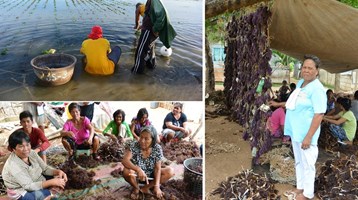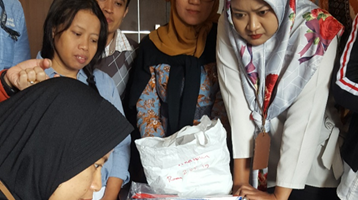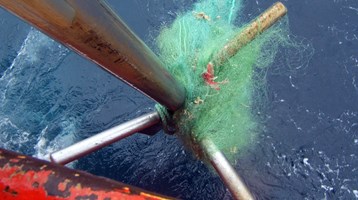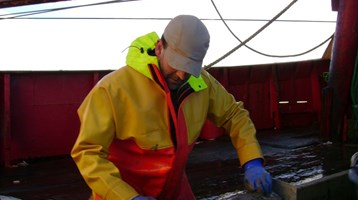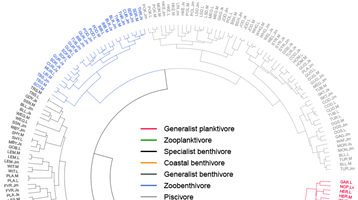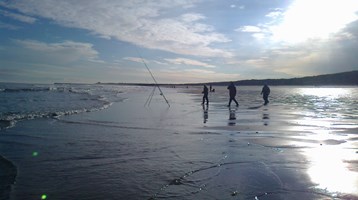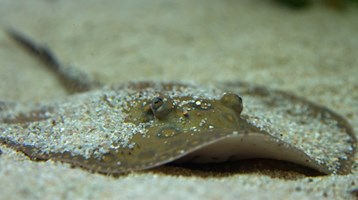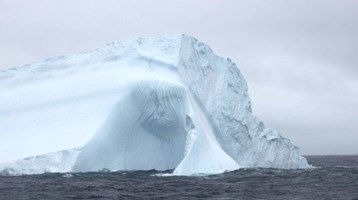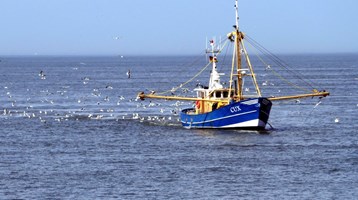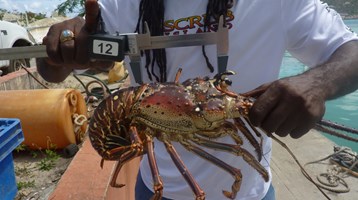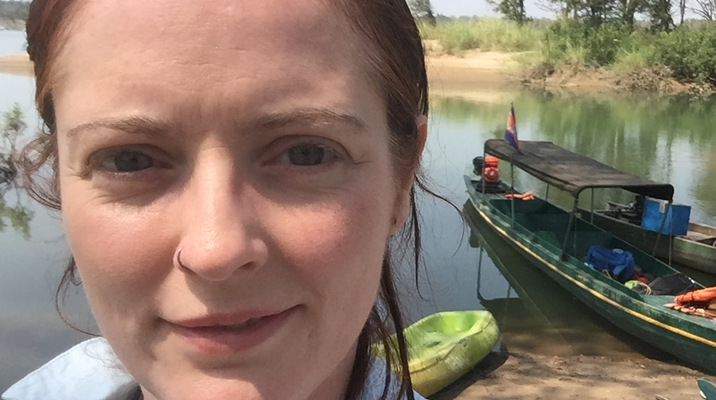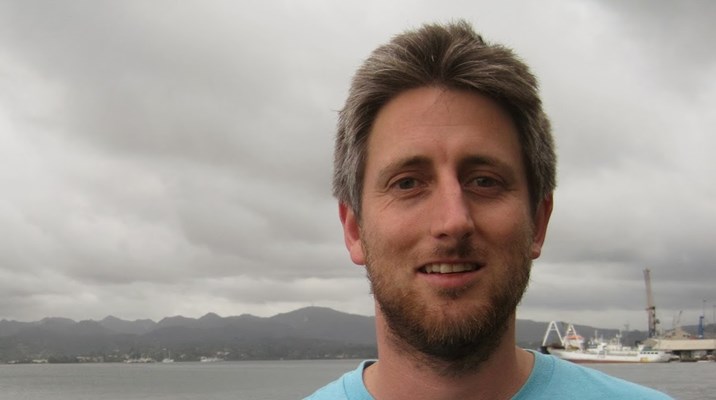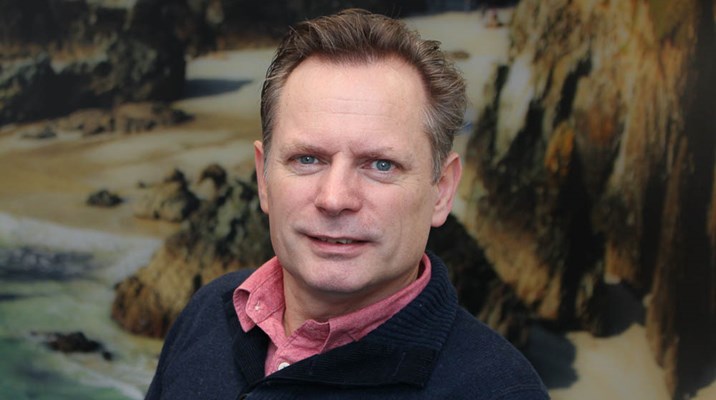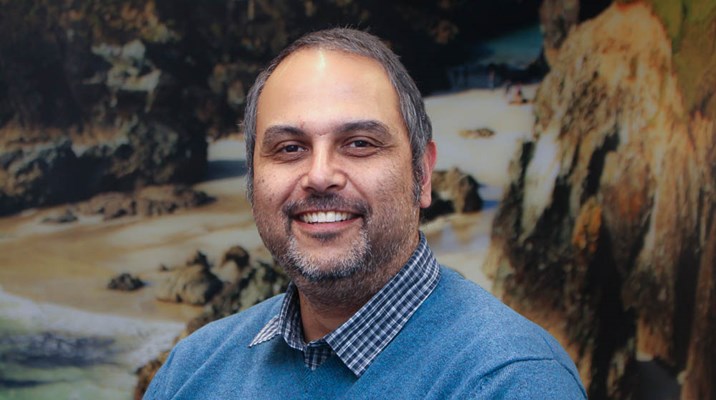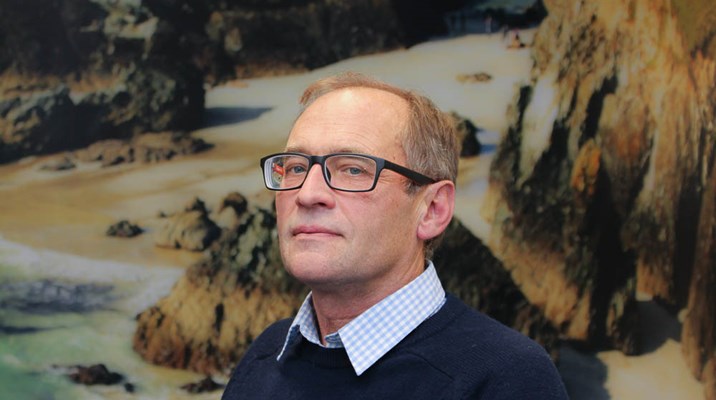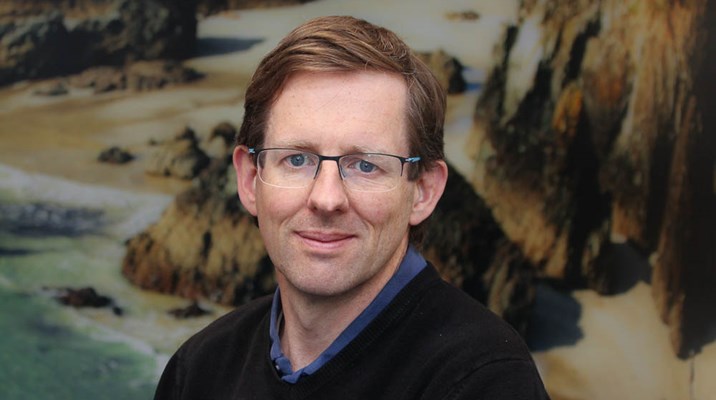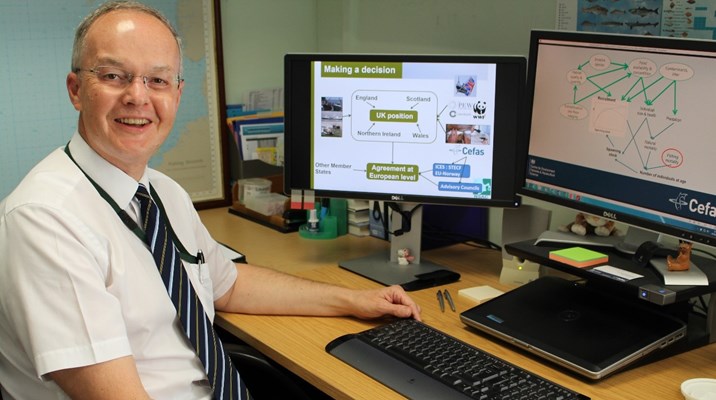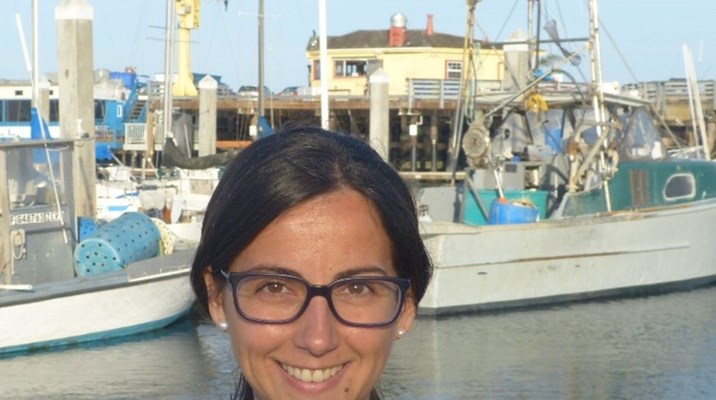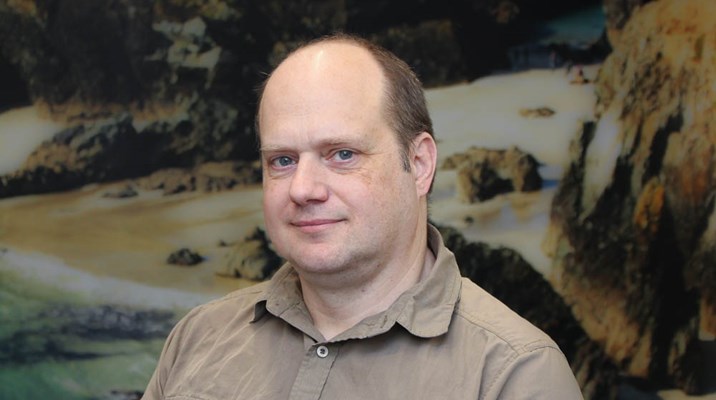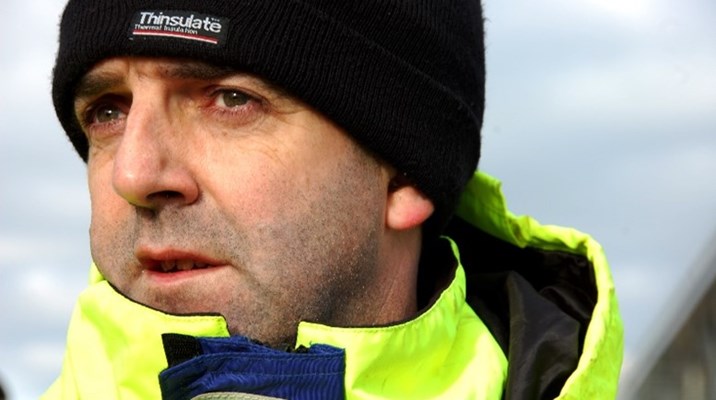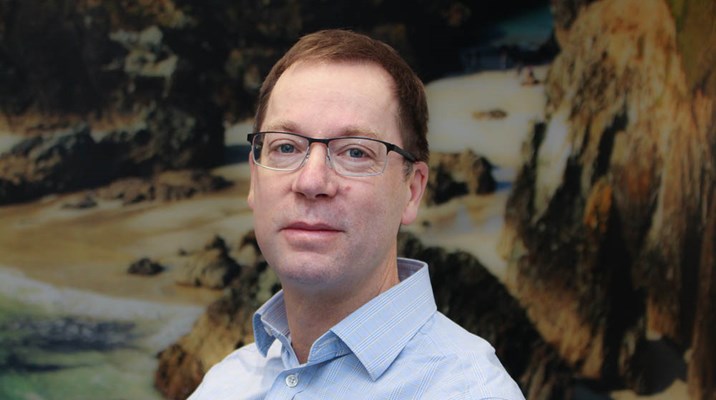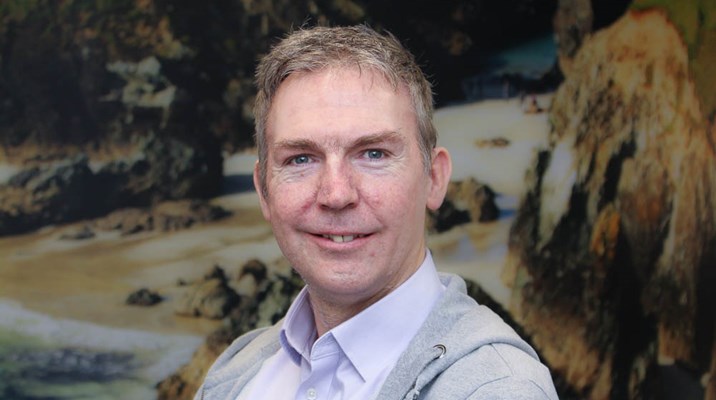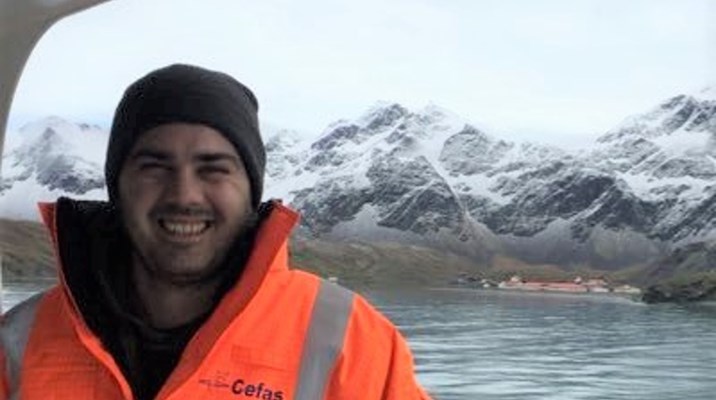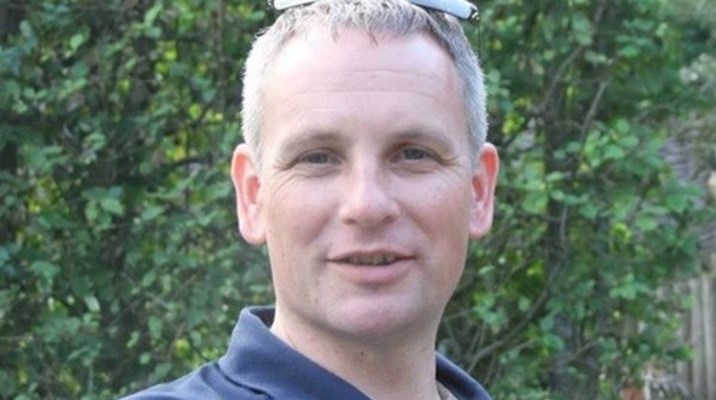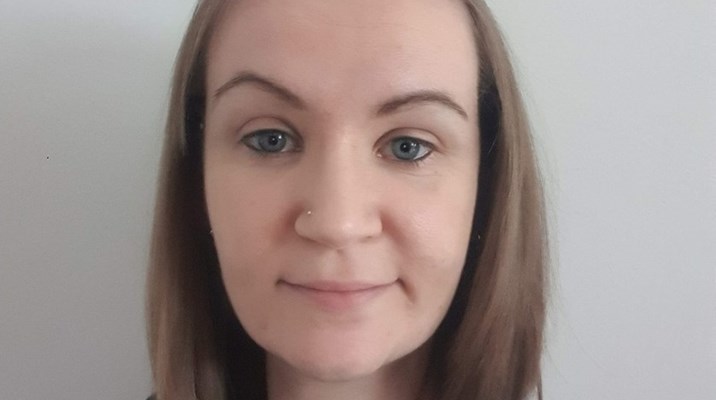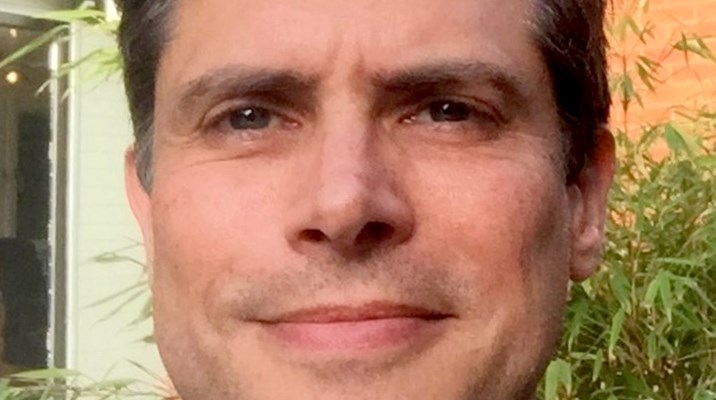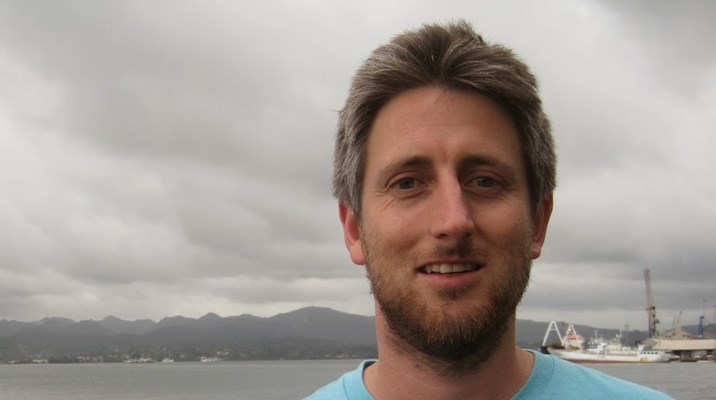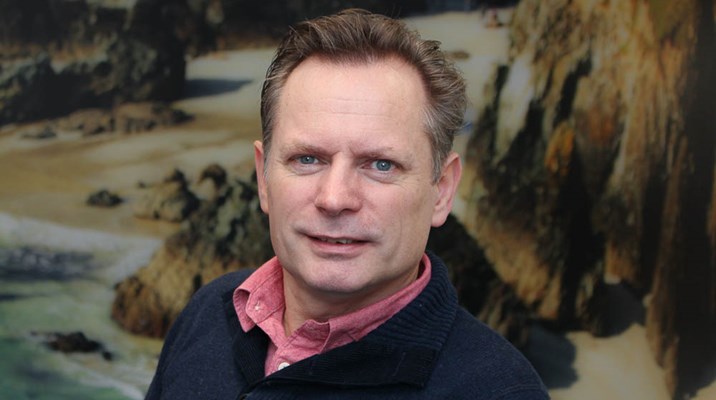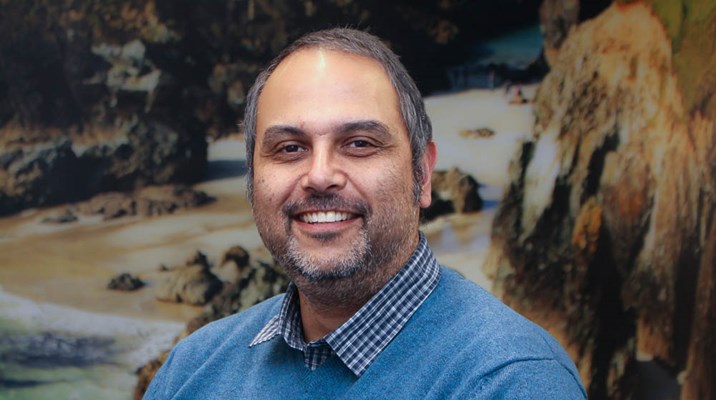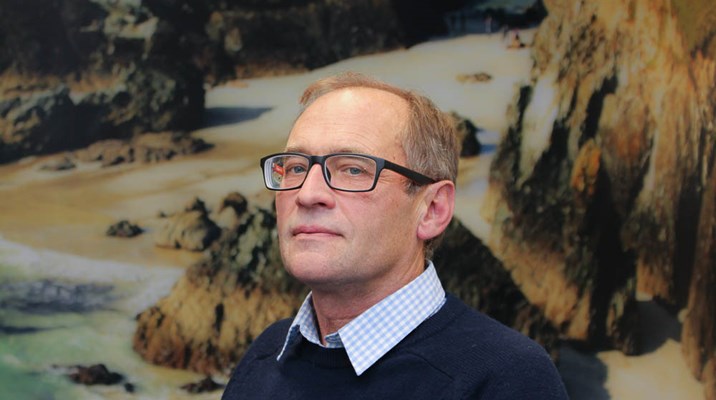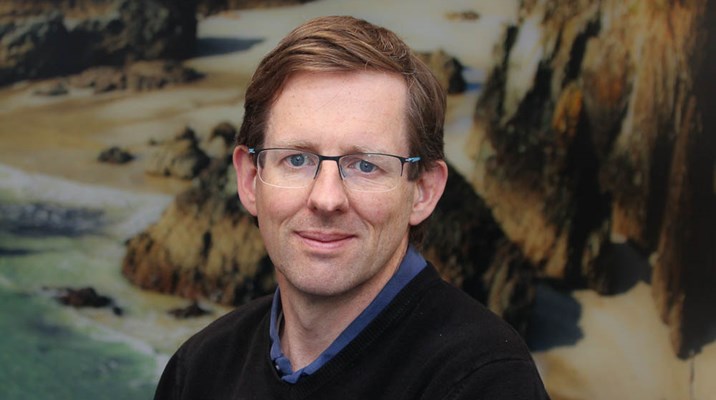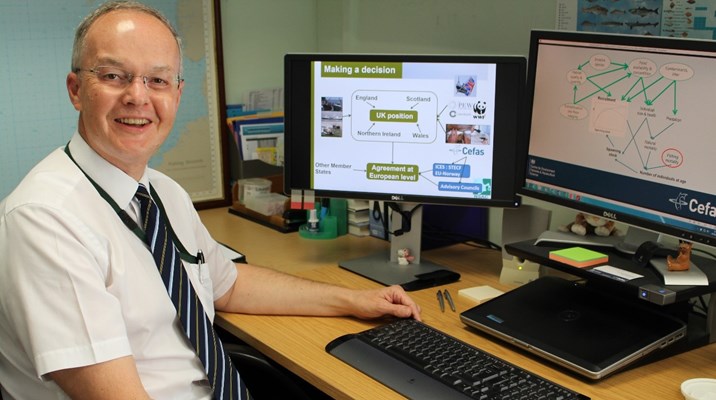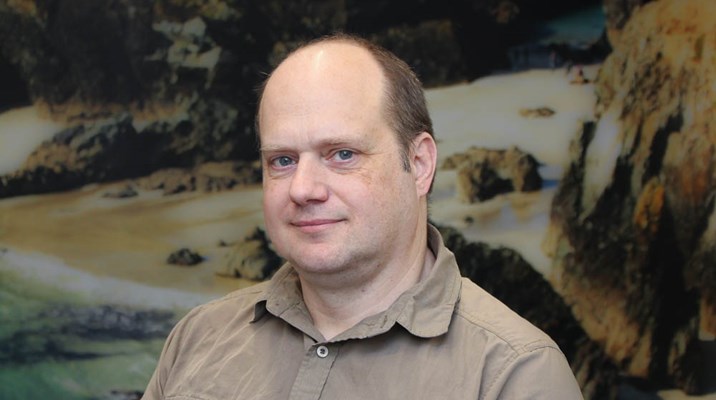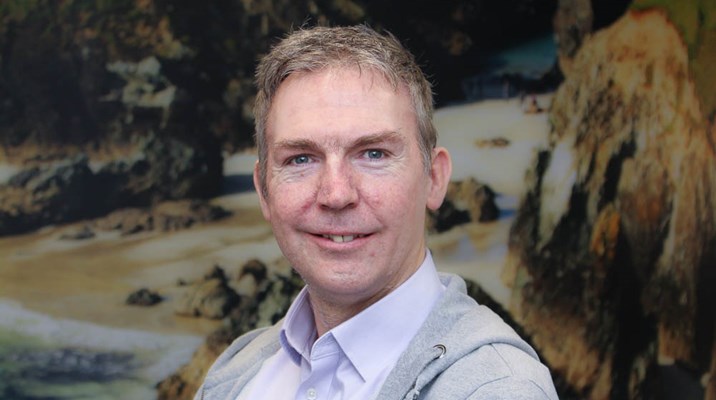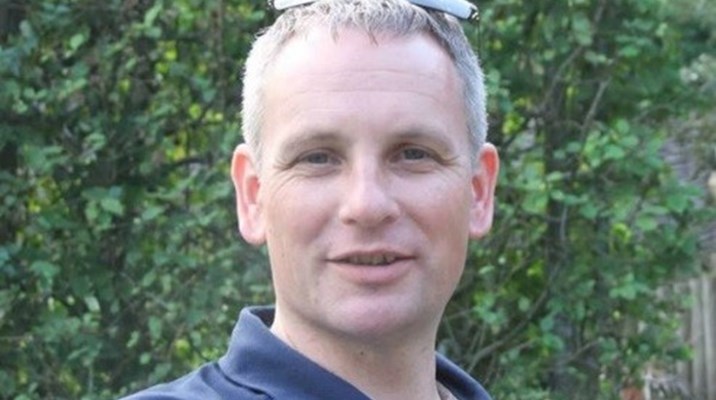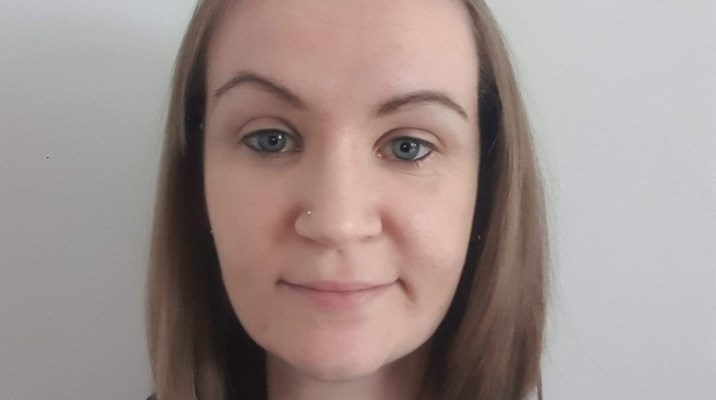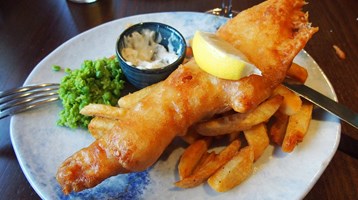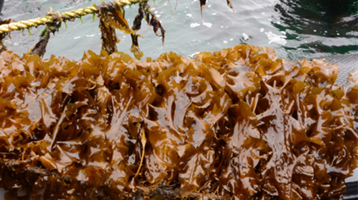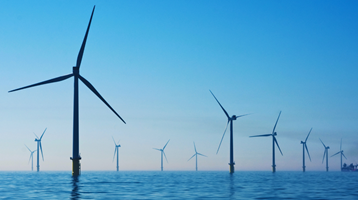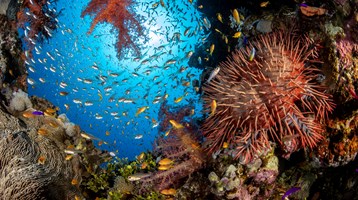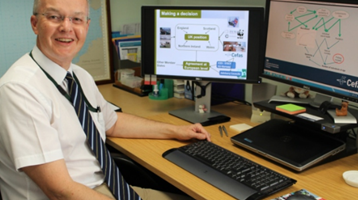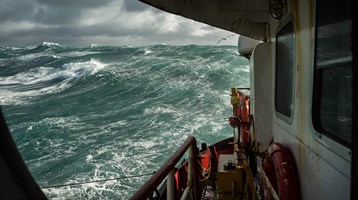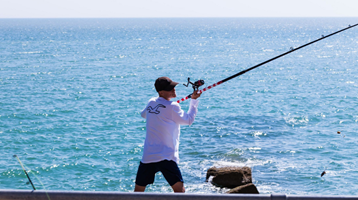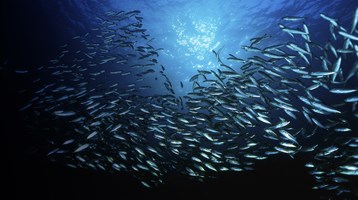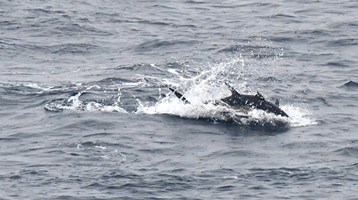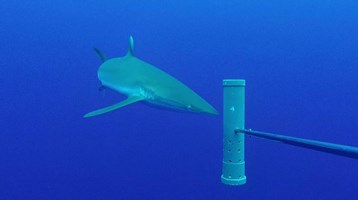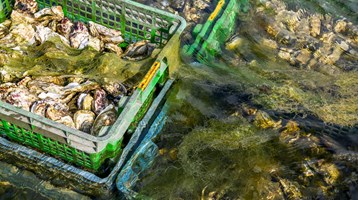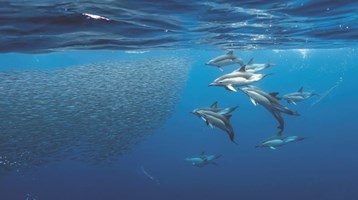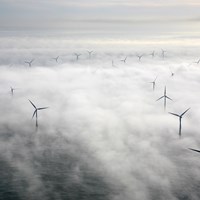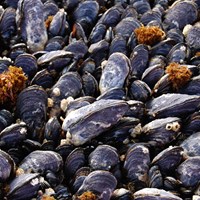
Sustainable fisheries
Ensuring there are fish in our seas and rivers for future generations
We study fish populations and fisheries in the UK and internationally. We use this information to provide scientific advice to help achieve national and global fisheries sustainability goals, and to minimise the impacts of fisheries on the marine ecosystem.
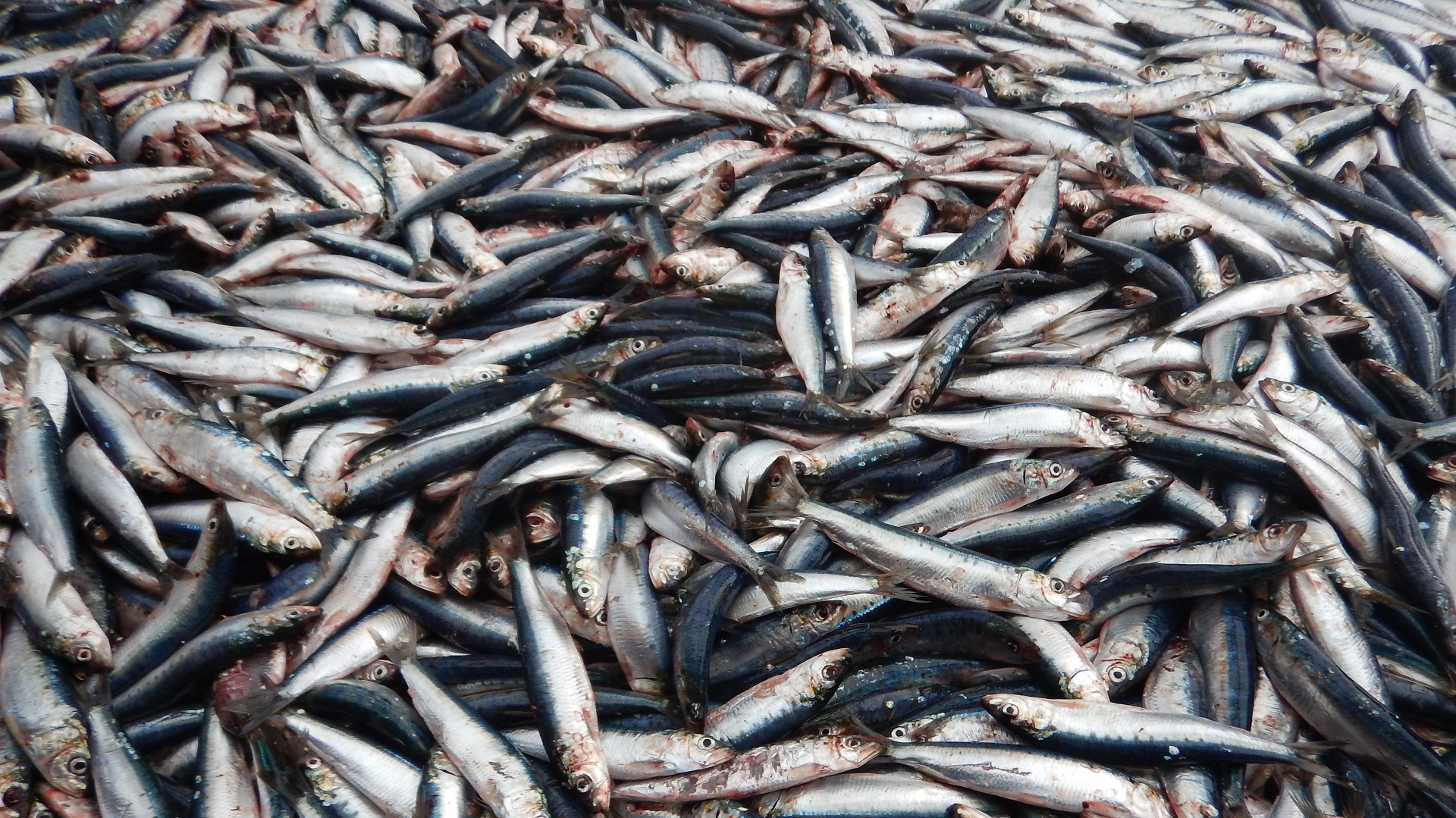
The study of fisheries was central to the mission of the original Lowestoft laboratory established in 1902. Today we enable sustainable fisheries to ensure there are fish for future generations to enjoy. Then, as now, the information collected about the fish that are caught and the fisheries they are caught in, is used to provide scientific advice to governments and international organisations.
Our fisheries scientists use a variety of techniques to measure catches - working in fishing ports, on board fishing boats alongside skippers and their crews, and through annual surveys on board our research ship, the RV Cefas Endeavour. These important surveys are designed to provide a clear picture of the changes in numbers and distribution of different fish stocks from year to year. The RV’s bespoke science capability is essential in providing this information. Technological innovation has also enabled us to introduce pioneering changes to our data collection techniques, allowing us access to information our early scientists could never have imagined. For instance, we've led the development of electronic tags which can be carefully placed on fish so that when the tag is returned, we can retrieve information on its movements and activities.
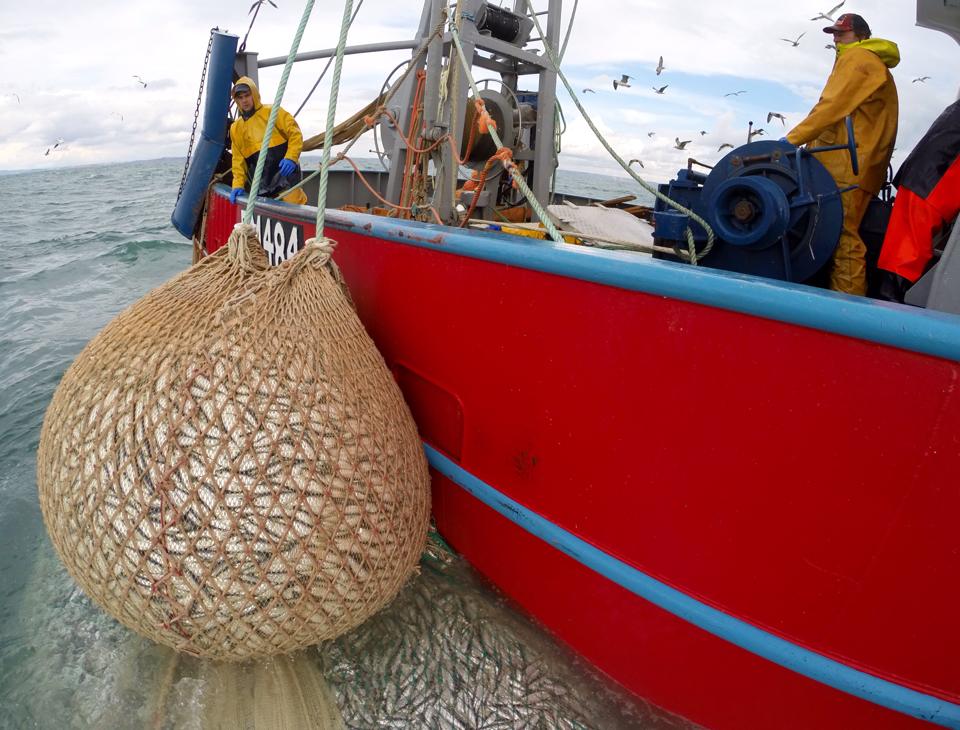
Many of the fish stocks we study are shared with neighbouring countries. The International Council for the Exploration of the Sea (ICES) brings together scientists from countries around the North Atlantic so that their data and expertise can be combined to prepare assessments of many important fish stocks and to provide scientific advice on how the fisheries on these stocks can be managed to achieve global sustainability goals. Our scientists have, since our early origins, played an important role in the work of ICES by chairing or participating in many of ICES’ expert working groups.
We enable sustainable fisheries to ensure there are fish for future generations to enjoy
Our fisheries research goes beyond supporting food security; we also study fish as part of the wider marine ecosystem. Increasingly, our research is looking at the links between different fish species and between fish and other predators such as marine mammals and seabirds, and between fish and other prey such as plankton and benthos (marine life on the seabed). This also contributes to the scientific advice we provide for fisheries management, as it is increasingly recognised that we need to manage the impacts of fishing on other parts of the marine ecosystem and not just the important commercial species. Linked to this, we are also now looking at a much wider range of fish species than previously.
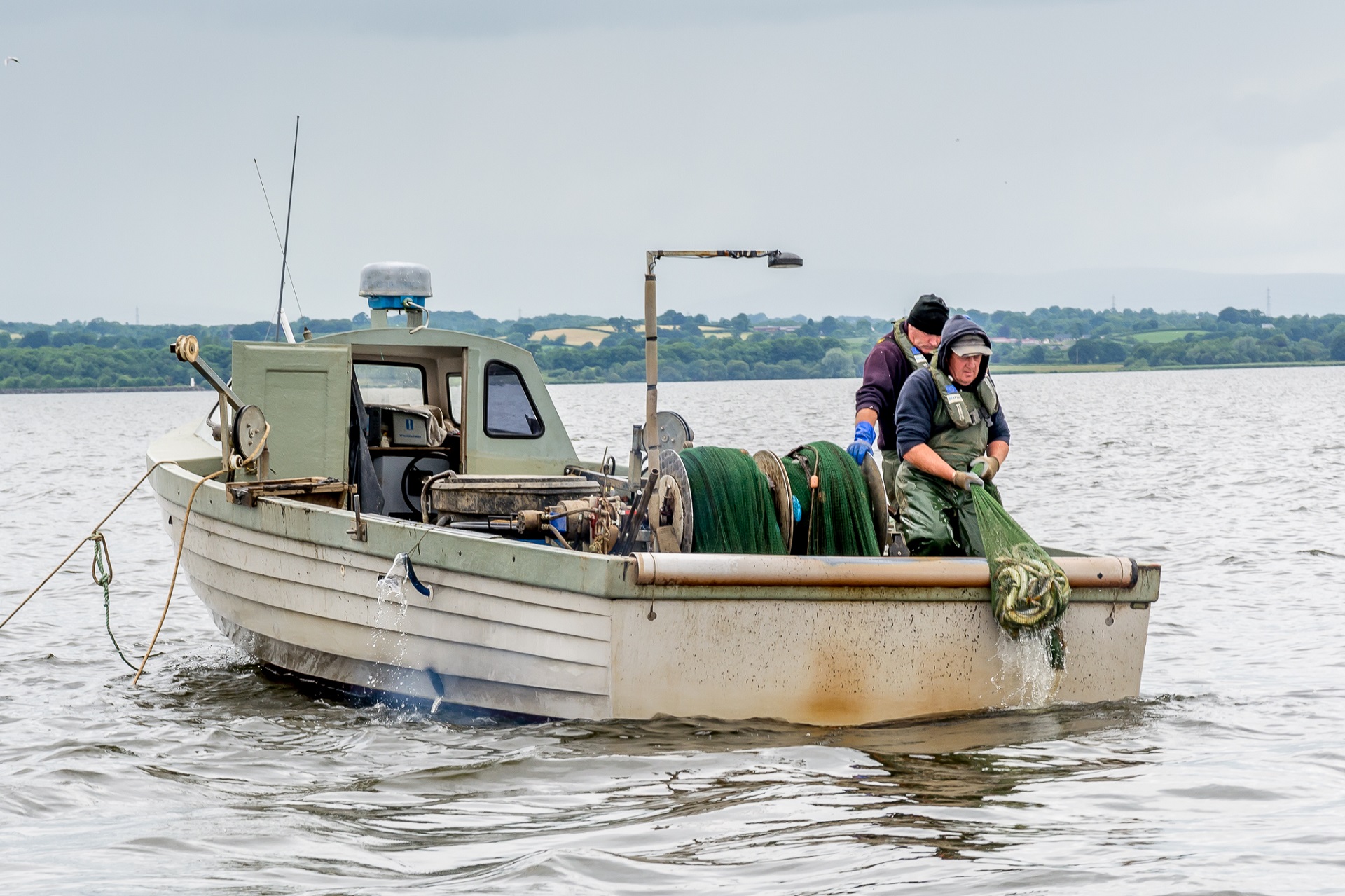
While we have always worked on species like cod, plaice, herring and salmon, we also now conduct research on a much wider range of species including skates and rays, seabass and eels. Shellfish species like scallops and crabs provide some of our most valuable fisheries so work on these species is also important. Our main customer for our scientific advice is the UK government, however, our work on fisheries is world-wide, including UK Overseas Territories, the Commonwealth and Antarctica.


